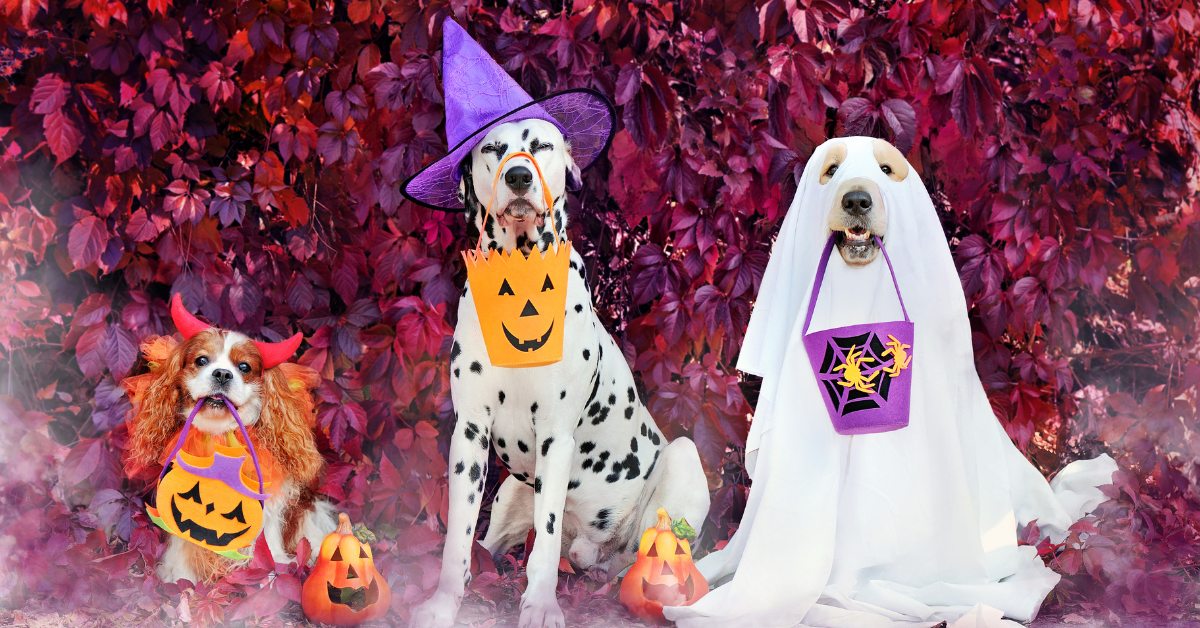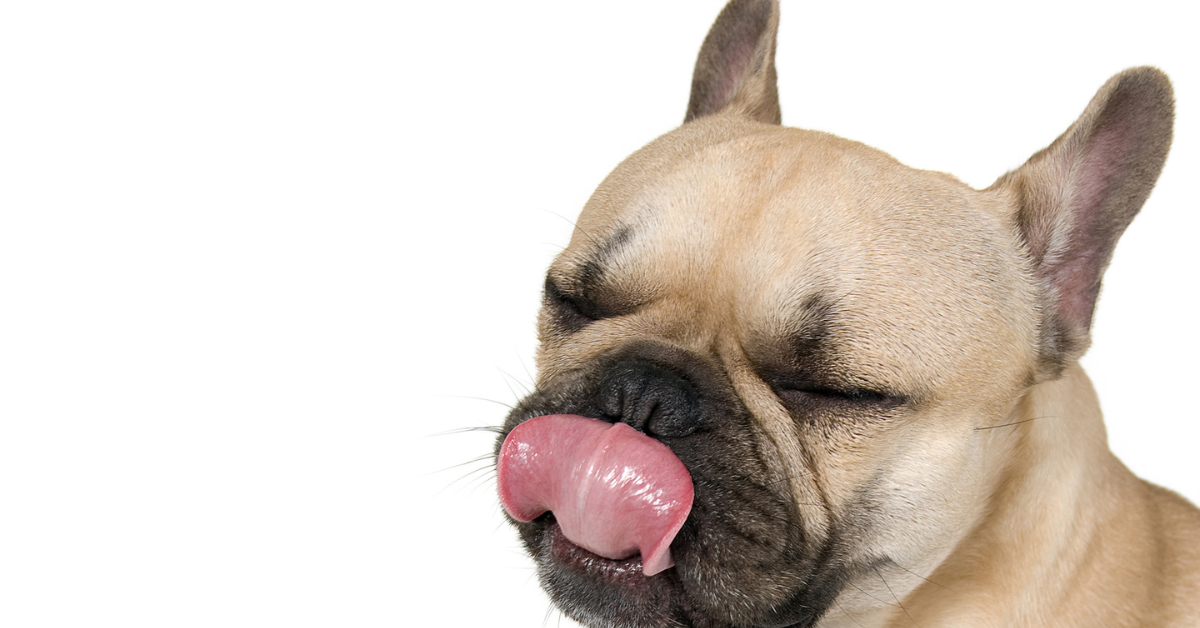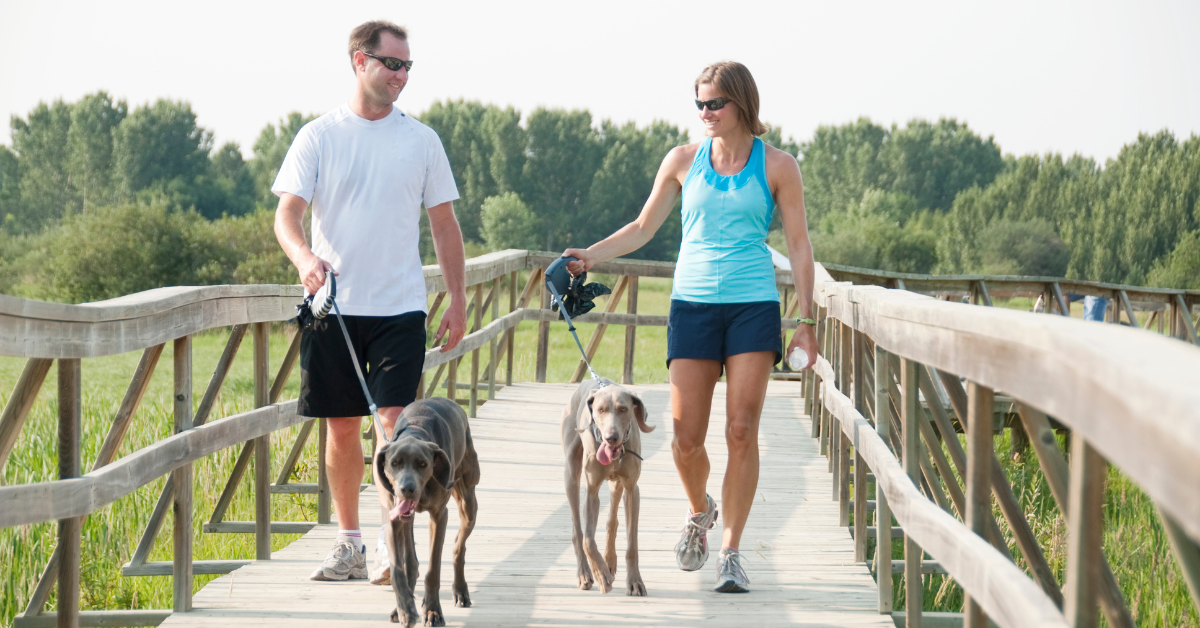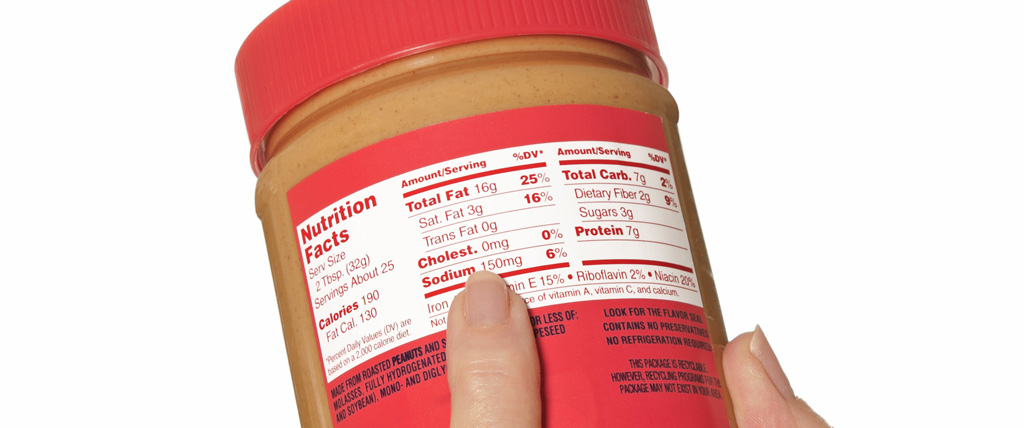Xylitol… Worse Than Chocolate For Dogs
Xylitol is a sugar alcohol that’s gaining popularity as a sugar substitute. Xylitol has about two-thirds the calories sugar has, and xylitol effects blood sugar differently than table sugar, which makes it an attractive alternative for folks with blood sugar issues. You’ll see xylitol in gum, candy, mints and some chocolates. It’s also in some cough syrups and even nut butter! It’s good for human teeth, making it popular for toothpastes and gum.
However, xylitol is very, very dangerous for dogs—even a little bit can be toxic. It causes hypoglycemia in dogs which is often fatal, and in large enough doses, liver failure, also fatal.
The VCA Animal Hospitals website lists symptoms of xylitol poisoning as weakness, vomiting, difficulty walking or standing, depression or lethargy, tremors, seizures and/or coma. If you suspect your dog has eaten something containing xylitol call your vet immediately. If a dog consumes xylitol, symptoms can develop rapidly. There is currently no “antidote” for xylitol toxicity, therefore prompt veterinary treatment is key to increase your dog’s chances of recovery.
As if the possibility of xylitol toxicity from human foods wasn’t scary enough, the VCA Animal Hospitals site also mentions that some medication and mouthwashes for dogs contain small amounts of xylitol, saying “At prescribed doses, these should not result in xylitol poisoning; however, if ingested in large amounts, can potentially result in poisoning.” Make sure your dog can’t get into his medication.
You can keep your dog safe by always checking the labels—xylitol is popping up in more and more products, so as a proactive pet-parent, you’ll want to make sure anything with xylitol in it is always out of reach of your dog. Dogs can get gum or candy out of purses or even pockets. Dogs can counter-surf for xylitol-sweetened goodies or even toothpaste. Be diligent; keeping an eye on labels and being careful about where you store things in cabinets can save your pet. Again, if your pet shows symptoms or you have reason to believe they’ve consumed xylitol call your vet and/or the Pet Poison Helpline immediately. The Pet Poison Helpline is 800-213-6680. Their website is here.
Do you live in the chicagoland area and are looking for a pet care specialist? Get in touch with our team today:
Other Recent Blog POsts

Pet-Friendly Halloween in Chicago 2024
October 22, 2024
Protecting Dogs from Theft in Chicago
October 16, 2024
Pet Obesity Awareness Week: Keeping Chicago Pets Healthy
October 9, 2024
Pet-Friendly Fall Events in Chicago 2024
October 2, 2024
National Walk Your Dog Week is Coming!
September 25, 2024

